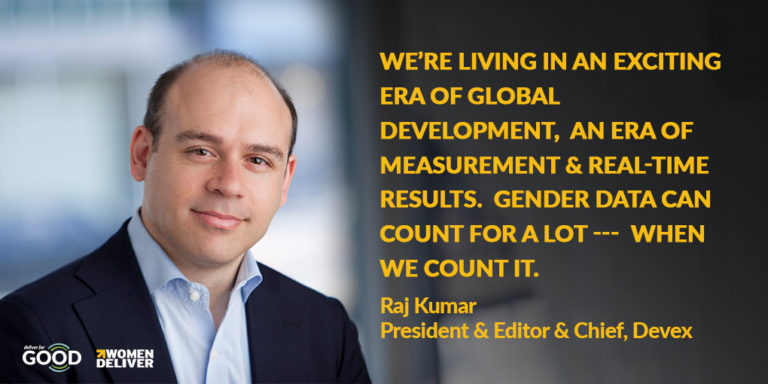
The night before a big humanitarian conference in Beverly Hills, I was standing on a sunlit terrace, sparkling wine in hand, at a cocktail reception. You know, the thing before the thing. That’s where I met a twenty-eight year-old woman who told me a story that stopped me in my tracks and reminded me that what we count is what counts.
Her name is Jaha Durukeh and among her many accomplishments at her tender age is this one: she got female genital mutilation (FGM) banned in her native country of the Gambia.
The story of how she did it - borrowing a car from her uncle, following the new president around the country as he made his appearances until he finally agreed to meet, and convincing him with the power of her story and her courage - was amazing in a good way. But so too was what she said next, this time in a bad way.
Here she was, a leader with the bold idea to ban FGM everywhere and a real success to point to. Yet, she told me, raising even the small amount of money she would need to take her campaign to neighboring countries in West Africa was proving impossible.
There may be many reasons for this, but a big one in my experience arises from a seemingly mundane issue: data, or lack thereof when it comes to women and girls.
We’re living in an exciting era of global development, an era of measurement and real-time results. Funders are “paying for performance,” economists are touting a “results revolution,” and NGOs are promoting their “evidence-based” interventions.
And there’s a trio of interrelated trends putting everyone - especially women and girls who have long been uncounted and unconnected - on the grid. The first is the rapid roll-out of national identification programs epitomized by India’s Aadhar initiative that has so far provided national ID numbers to over 1.1 billion people. Now, there’s just a couple of billion more people to go globally, especially women and girls who often don’t get a birth certificate or a national registration.
The second trend is connecting all people – even people at the bottom of the income scale – to formal financial systems through mobile money. Some two billion people, most of whom are women, are still saving coins and bills in their sari-folds or under the mattress. This is changing fast as new technologies and business models bring financial services to everyone.
Finally, around half the world’s population is still not connected to the Internet, and here too women are disproportionally effected. But this is also set to change quickly as prices drop and drones, high-flying balloons, and other high-tech solutions bring the Internet to places far off the beaten track.
So with all this incredible progress around us, what’s missing? Sadly, according to Data 2x, there remain 28 gaps in gender data across five issues: health, education, economic opportunities, political participation, and human security. And only 13% of countries worldwide dedicate a regular budget to collecting and analyzing gender statistics.
This lack of data means making the case for projects and programs that benefit women and girls - like banning FGM - is that much harder. How can we identify problems and measure success when we don’t even have the underlying data to prove the need? Where is the results revolution for women in a world without gender data?
Fortunately there are organizations taking up this challenge and working to close the gender data gap and monitor the SDGs. Organizations like Data 2x and Equal Measures 2030 are working to ensure we hold the community accountable to inclusive data standards - standards that consider women. (And it will come as no surprise to you that women are at the helm of each of those initiatives.)Every day, approximately 830 women die from preventable causes related to pregnancy and childbirth. One in three women will experience gender-based violence in her lifetime. Only 22 women are in parliamentary roles for every 100 men. On average, women still earn 77 percent of what men earn and carry out at least two and a half times more unpaid household and care work. And at least 200 million women and girls alive today have undergone female genital mutilation in the 30 countries with representative data on prevalence. In other words: gender data can count for a lot --- when we count it.


